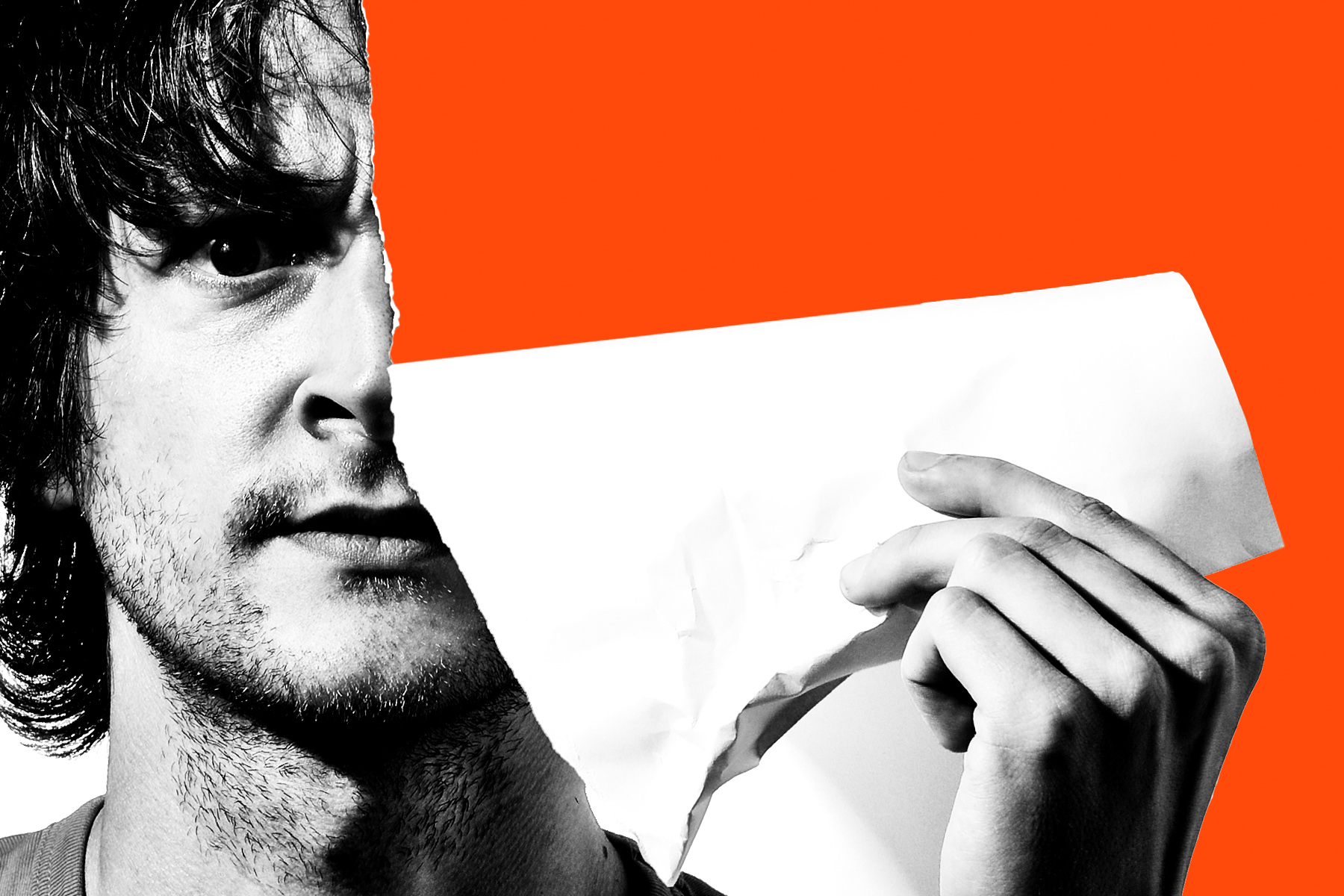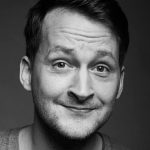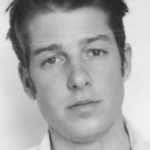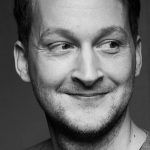
Redefining myself.
Again.
And then came the pandemic.
The lockdown brought a slowdown. And for me, a breath of fresh air that felt overdue. The crisis came at the right time: as an entrepreneur, I was feeling overwhelmed; and as a designer, unimaginative and exhausted. I tried to hide my fatigue, but I couldn’t deny it. So there I was, lying almost apathetically in my hanging chair – weightless. I stared into the clouds and asked myself questions that had been nagging at me for so long:
"What am I doing here?"Is this job still fun? "What do I want from my life? "Am I setting a good example for my children? And perhaps the most painful question of all: "What else can I do? I meant something real. Something tangible.
I realised that my profession is both a blessing and a curse. Don’t get me wrong: It’s an absolute privilege to be creative, to deal with a myriad of subjects and to even make a living out of it. But you have to be in the position to afford branding. Branding is a luxury. And that’s my problem: luxury is and always will be… superfluous.
How much lovelier would the streets of an old town be without the myriad of logos covering the facades? How much more honest would communication be if content was more important than mere representation? How much more valuable a life that expresses in deeds rather than pretty words or pictures? And how much more honest would an economy be that didn´t constantly suggest that we just have to buy this one prodcut – really just this one – to fill the void we feel inside?
Is it really enough to be proud of yet another logo because we tell ourselves it is typographically and aesthetically better than the one hanging right next to it? Is it enough to reassure ourselves that the vast majority of our clients are ethical anyway – and that we are simply supporting them in their big vision? Or are we ultimately just helping those who already have enough of everything to get even more?
That last thought was … devastating.
We brand designers have a responsibility …
… beyond the individual brand. A responsibility that many of us shy away from while we enjoy our imaginary systems and designs. Constantly driven and obsessed with the idea that our own point of view is the right one, this gnaws at us, eventually – myself included. I spent years blaming myself – as such a wonderful job felt totally empty.
Was I ungrateful? I’m still not sure.
I knew I needed help, but I was ashamed. My cries remained half-loud, and I went silent as soon as I feared to fall on deaf ears. Eventually, this feeling went against the image I was trying to maintain, though it was getting increasingly difficult; admitting weakness was none of my strengths.
I don’t know how it is with you. But in my life, it’s not the successes but the crises and medium-sized disasters that have really helped me move forward. Life has shown me time and again that development is not a straight line. The growing pains didn’t stop just because I had grown up. And as much as I held on to what I thought I wanted, most things turned out different.
Corona was one of those crises
My doubts, which had been growing inside me for a long time, were fuelled by external influences – a cynical consonance. The first budgets were frozen right at the start of the pandemic – from one day to the next. The great success of the previous year turned into the opposite. And at the end of the day, some of our customers with whom we were still doing business were the very ones who benefited from such crises. It felt unfair, at times downright wrong – but also without alternative.
I was plagued by uncertainty. For example, how the market or our industry would change; after all, it was not systemically relevant. Or how we would survive as an agency, as friends and as a family. Out of a sense of duty, we gave our employees a sense of security and eventually put them on short time. I myself was haunted by existential fears. A persistent anxiety sapped the last of my energy.
When I finally sought help a few months later, I was diagnosed with severe depression. I was on the verge of burnout. For the second time in my life. Hats off.
About six months into the pandemic, my business partner and I simply dissolved our office. Not because we had to. But because we both just didn't want it any more. Or maybe because we both wanted more.
Back to the beginning
Our reasoning was different. But the underlying reason was probably the same: a desire for more joy in what we were doing. And a feeling of purpose.
I admit, that hurt at first. As it always does when something defining comes to an end. I struggled with it mentally for quite a while. Looking back, the ten years I spent as MD, leading a team of designers and forging our path, was a precious time in which I learned a lot, met great personalities and worked with even greater colleagues. It felt ungrateful to give that up. And yet it was … relieving.
My breakdown came at exactly the right time. I would understand that later. My father said:
"Sometimes you have to take a step to the side instead of forward." And when he noticed the questioning look in my eyes, he added: "Things look different from the side".
As so often, he was right.
So with time and distance came relief. Then courage. And finally, new joy. It was a crisis, of all things, that showed me how much strength I had. And how to get back to who I really am. But that’s a story for another time.

Sometimes, the world is more colourful than it seems. Reflected by my initial color scheme for David.
What the …?!
Are you wondering why I’m telling you this? I think it makes my decisions and quirks more tangible. And anyone who works with me ought to know where they stand. It’s also helpful to get these thoughts down on paper – or in this case, onto your screen. It’s liberating to write or talk about them. But that also takes a certain amount of courage, which I want to prove to myself. Because one thing never changes: the belief of so many that showing weakness makes you weak.
Burnout, anxiety and depression are not uncommon in our industry. They are often temporary, but the effects can be long-lasting – with serious consequences for the way we see ourselves and for the relationships we hold dear.
These experiences have a profound impact. They become part of your identity. In a negative way, but also in a positive way.
In my case, this experience happened a long time ago. And yet it still influences who I am today. It colours the way I see the world. It has made me more sensitive and more cautious. And ultimately it has shaped the attitudes and values that are important to me. The people I surround myself with and the people I avoid. And last but not least, the way I work and they way I live.

Florian Hämmerle
Author
Image Concept

Andrew Rinkhy
Fotografie
andrewrinkhy.com
